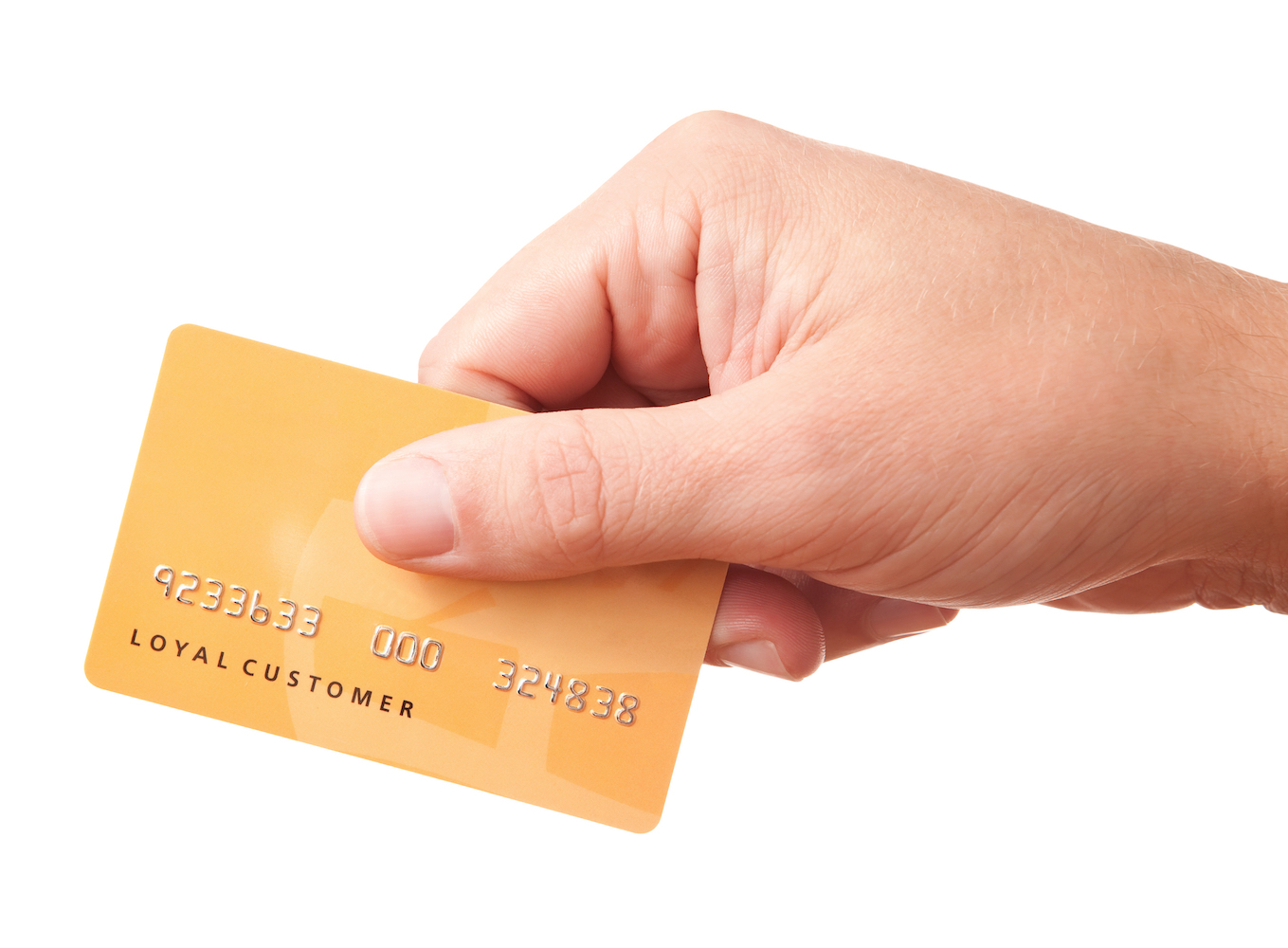Many Salons Lack Loyalty Programs: Poll

In a SmartTan.com poll, nearly two-thirds of indoor tanning business said they do not have a customer loyalty or rewards program.
They may be something that takes a back seat to more pressing matters for many salon owners, but it’s easy to understand why loyalty programs are useful: It costs a whole lot less to keep your current customer than it does to find and bring in new ones. A well-crafted program can be a cost-effective way to differentiate your business from competitors and remind loyal customers that they are appreciated.
But more specifically, in an industry so impact by seasonality, the right rewards can help you maintain your EFT income during the off-season. Even if a client tends not to tan much during a certain time of year, you can motivate them to keep their membership active with the lure of rewards that they won’t be able to get if they drop their membership and start it up again later. You can easily accomplish this with a system of tiers, where rewards increases along with the duration of membership. If a client wants to cancel their membership temporarily, they will be faced with starting over at the bottom of the pyramid when they returned. That’s enough to make them think twice about dropping their membership over the summer.
Other, more traditional variations can still be used to drive individual purchases – say, offering a free packet of lotion after so many are purchased. Applying a similar offer to upgrade purchases could also be beneficial and encourage customers to permanently step up to a higher level of tanning.
Research has revealed some general guidelines for implementing a successful loyalty program of this kind. A study by professors Joseph Nunes and Xavier Dreze, “The Endowed Progress Effect,” focused on the concept of “artificial advancement.” They identified three critical steps:
- Setting a goal for customers to achieve
- Deciding what the action will be to progress
- Pitching the artificial advancement as a bonus
First, the goal for customers must be clear and desirable. Second, you have to make sure you’re rewarding the right behavior. What do you really want your customers to do or buy? In the case of indoor tanning, the real end goal tends to involve memberships. And third, the research shows that offering “artificial advancement” – essentially giving the customer something to start with – is an effective motivator to increase purchasing. An initial reward will give clients a taste of what they have to look forward to. For instance, you could offer a free product after eight purchases. But it would be more effective, to offer the reward after 10 purchases, and reward the customer for starting by giving them credit for two purchases at the beginning. The offer is the same, but is framed in a way that motivates the consumer.
Click here to read more about this concept from Hubspot Blogs.
